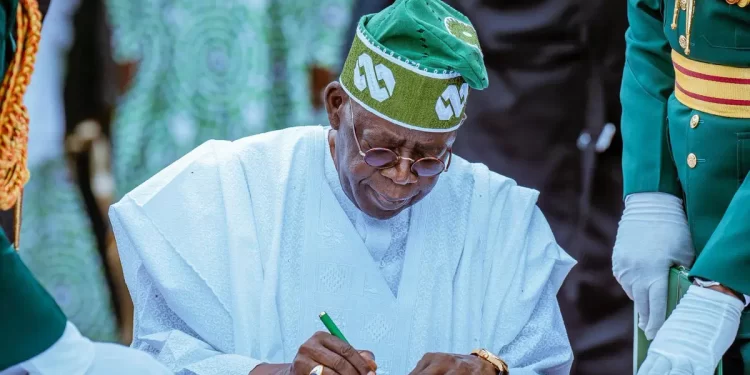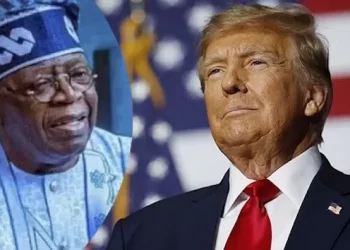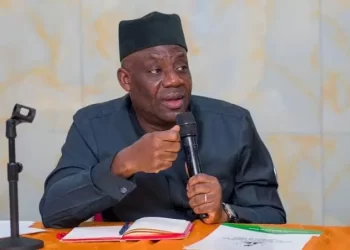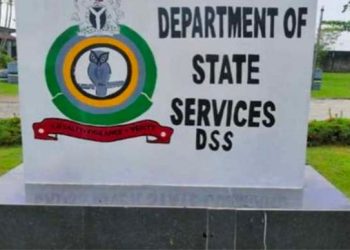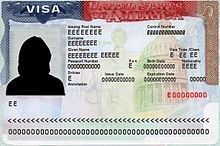It is indeed baffling that, in today’s interconnected and globalised world, the Bola Tinubu administration has operated for over two years without appointing ambassadors. This void casts Nigeria as an outcast in a world that thrives on inclusivity and international cooperation.
Governance functions on two fronts — domestic and international. Unfortunately, the Tinubu administration seems intent on clapping with only one hand, but the folly of the President’s appropriation of diplomatic functions has been exposed by Donald Trump’s scathing, single-view assessment of Nigeria’s domestic circumstances.
Ambassadors serve as official representatives of their home countries. They “protect national interests, promote friendly relations, and facilitate cooperation in areas such as trade, security, and culture”, per AI. While other countries capitalise on these roles, Nigeria remains absent and inactive.
This passivity is particularly puzzling given Nigeria’s vulnerability in critical sectors, which demands urgent economic and diplomatic partnerships for recovery. Yet, the Tinubu government appears reluctant to leverage this crucial window of opportunity.
Such lethargy signals a lack of clear and effective foreign policy direction, contradicting the administration’s stated goal of attracting foreign investors.
In September 2023, four months after his inauguration, Tinubu recalled ambassadors from Nigeria’s 109 diplomatic missions and consulates, citing the need for an overhaul. Since then, no reappointments have been made.
Consequently, missions have been managed by charge d’affaires, career civil servants who lack official diplomatic recognition by host governments.
In April, Foreign Affairs Minister Yusuf Tuggar revealed that a list of ambassadorial nominees had been submitted to the President over a year ago during “the macroeconomic reforms”.
He attributed the delay to economic challenges triggered by the removal of the petrol subsidy on inauguration day and the subsequent naira floatation.
Despite such explanations, the government’s failure to prioritise foreign missions, which are critical for attracting investment, boosting trade, stimulating infrastructure development, and addressing insecurity, remains a mystery.
At a time when foreign relations suffer funding neglect, the Federal Government has subsidised the 2024 Hajj with N90 billion, approved a 50 per cent subsidy for the 2025 Christian pilgrimage, spent N57.6 billion to buy 2023 Toyota Land Cruiser and Prado vehicles for federal lawmakers, and allocated N5 billion to renovate the Vice President’s official residence.
These expenditures during tough economic times reveal that funding missions is less the issue than the will to maintain an active, strategic foreign policy.
Globally, many countries manage embassy costs efficiently by appointing one ambassador to oversee two or three neighbouring countries.
Meanwhile, Nigeria’s diplomatic inertia coincides with a deteriorating socio-economic and security landscape. Without robust diplomatic efforts to attract foreign investment, Nigeria’s outlook grows bleaker.
A recent SBM report titled “Jollof Index Q3 2025: A Tale of Two Economies” states that Nigeria’s food affordability crisis remains severe, with inflation easing mostly in statistical terms rather than practical impact.
This aligns with a World Bank report revealing that 139 million Nigerians—about 61 to 62 per cent of the population—live in poverty, and half of households spend up to 70 per cent of their income on food despite modest economic growth.
Failure to have an ambassador in the US likely contributed to serious security risks, including Trump’s threats to attack Nigeria. Such diplomatic channels could have facilitated dialogue to address these threats and find solutions.
Earlier, Trump designated Nigeria as a “Country of Particular Concern” and warned of military intervention to combat Islamic insurgents if the killings persisted.
No amount of presidential diplomatic trips can substitute for a permanent ambassadorial presence. These trips are limited in scope and lack the follow-up actions that ambassadors provide to ensure continuity and effectiveness.
Nigeria has forfeited immense economic, scientific, educational, and allied opportunities over two years without diplomats in key countries like the US, the UK, China, and France. Recovering these losses may take decades, if at all.
No country exists in isolation. Tinubu must name ambassadors now!

